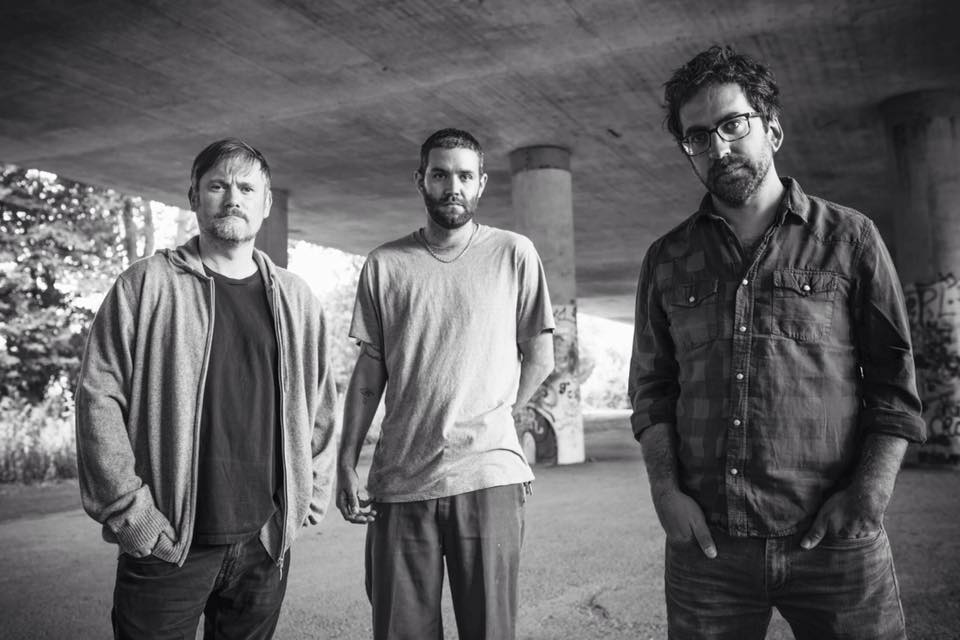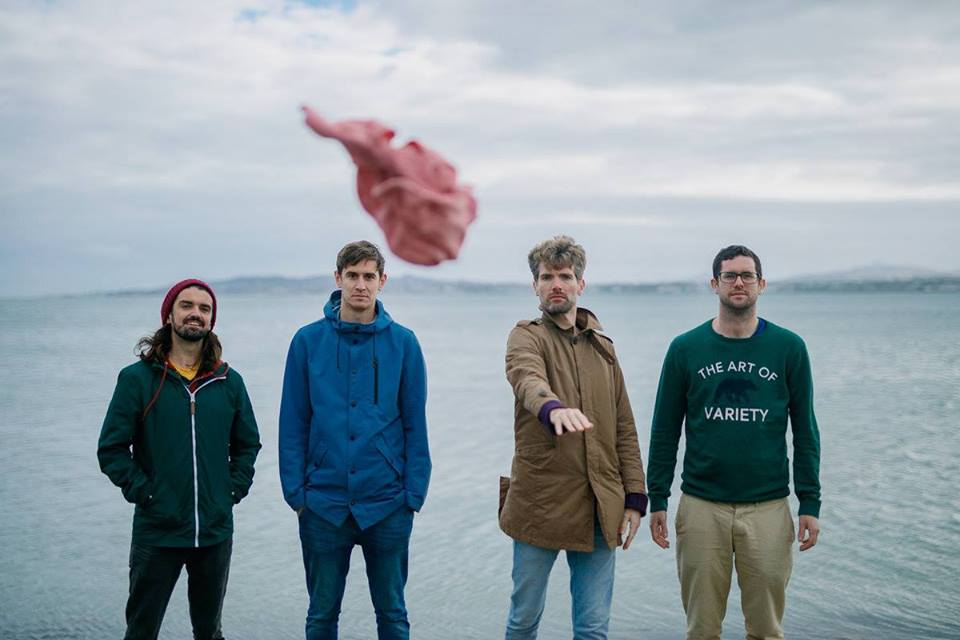The word “hustle” used to denote a ruse or con game, a trick to fleece someone out of their cash. In the current parlance of hyper-go morning-routine capitalists, it’s taken on a new aspirational aura, now the religion of twenty three year-old dudes with Tim Ferris quotes in their bio. Following close on the heels of Hulu’s doppelganger doc Fyre Fraud, unavailable outside the U.S., Netflix’s Fyre: The Greatest Party That Never Happened makes clear that, in many ways, the meaning of the word hasn’t shifted at all.
Directed by Chris Smith (Jim & Andy: The Great Beyond, another doc about the blurring of reality and fiction), Fyre is a steamy plate of schadenfreude that goes down with delicious, bitter sweetness. If you’ve been in the dark, here’s a brief history: in late 2016, Ja Rule paired with Billy McFarland, an entrepreneur with a shit-eating grin to start an app called Fyre, designed to be the “Uber of talent booking”. To promote their venture, the two decided to stage a music festival on “private island” in the Bahamas the following spring.
Neither had any actual experience in organising a music festival, but no matter, they were selling something more intoxicating: a honey-rich, luxurious festival “experience”. Powered by the insane reach of paid influencers, Fyre festival launched online that December with a slick, sun-blissed promo video of private jets and jet-skis, Emily Ratajkowski and her hot nymph friends frolicking in a beachside Arcadia. Instagram, but real. Tickets, going from a couple of hundred dollars to a few thousand, sold out immediately.
And then the problems begin, a cumulative kamikaze dive of incompetence, delusion and flat-out scamming that ended with hundreds of rich kids going all William Golding in a FEMA wasteland, a clusterfuck tweeted in real-time. Fyre is a compelling chronicle of a good old-fashioned grand folly, dressed in millennial aesthetics. Fitzcarraldo for vloggers.
At the eye of the storm sits McFarland, a hot-air tech bullshitter brought to earth by his own hubris. Using interviews, SMS and email excerpts, footage of stressed people on their mobiles, and cityscape photography set to brooding scoring, Fyre counts down to the event itself with queasy anticipation. Glossy Instagram hype tiles (“15 Days To Go!”) double as a ticking doomsday clock. Health warning: for anyone who’s ever struggled with the logistics of mass-event organising, there’s a serious post-traumatic vibe here.
Consultants warn about the physical inability of the hired space to house, feed and manage the sewage produced by their ticket numbers, but the show must go on. Too much money has been sunk already, they’ve no insurance, and investors, who have been sold inflated numbers, have been guaranteed returns. So the Fyre team presses on, running off desperation, secret cash injections and a native workforce willing to put in some serious overtime. But, inevitably, it’s a disaster, a crashing disappointment captured as it happens by a demo used to filming everything around them. Then the FBI comes calling.
The audacity and gall on display is stunning. McFarland, out on bail and fancying himself invincible, gets his mate to start scamming people on the Fyre email list with fake gig and sports tickets, all in front of the camera. There’s not a lot of sympathy to go around, especially since the marketing firm Jerry, who claim to have known nothing about the festival plans before touching tarmac, co-produced the doc, a possible rearguard action against reputation damage.
One suspects some level of face-saving in the relentless focus on McFarland as the fiasco’s charismatic, lying nucleus, though the impression interviewees give is of awaking from some bad spell. Ja Rule vanishes from the narrative, reappearing briefly in a post-mortem conference call to nervous Fyre staff to insist that “false marketing” definitely, definitely isn’t the same as “fraud”. The man is, as we know, always on time. Only the island’s unpaid labourers, and a restaurant owner forced to feed hundreds, and burn through savings to pay her staff, come across as genuine victims (a healthy GoFundMe has since sprung up for the latter).
Fyre’s recurring juxtaposition of the original, alluring promo video, and the grim, dysfunctional scenario that played out, recalls The Social Network trailer’s pairing of smiley Facebook aesthetics with Radiohead’s “Creep”, and the two share Trent Reznor and Atticus Ross’ dark ambience. The two films are also history book catalogues of electronic capitalism’s social ills, the strangeness of life inside the internet’s hall of mirrors.
Responding to the criticism of the promo video, and the models paid to take part, one marketer offers the insight the Fyre festival not only couldn’t happen, but already had happened: the low-key, high-expense, professionally produced shoot that kicked the whole thing off. That is what people paid for.
Smith doesn’t do much contextual hand-wringing, keeping his thriller-like focus on chronology, but the film registers broader cultural longings, in particular our appetite for visions of ecstatic self-fulfilment, and the shamelessness of the people who promise them to us. Essentially the Fyre festival was, as McFarland explains to an investor, “a pipe-dream for losers”, ordinary shmoes willing to blow a hole in their bank balance for a chance, however temporary, to live among The Golden People.
Reality hits like a bucket of ice water, and it’s impossible to look away. Conor Smyth
Fyre: The Greatest Party That Never Happened is available to stream on Netflix.






